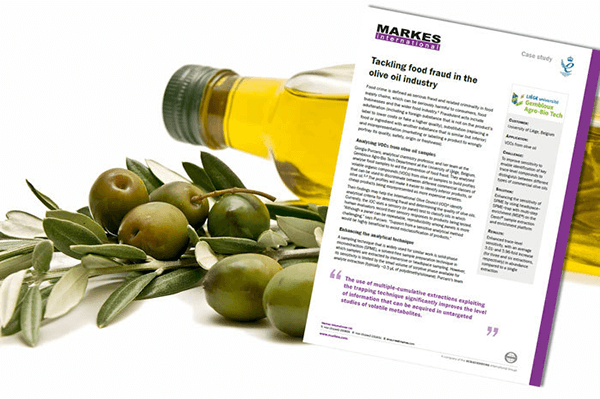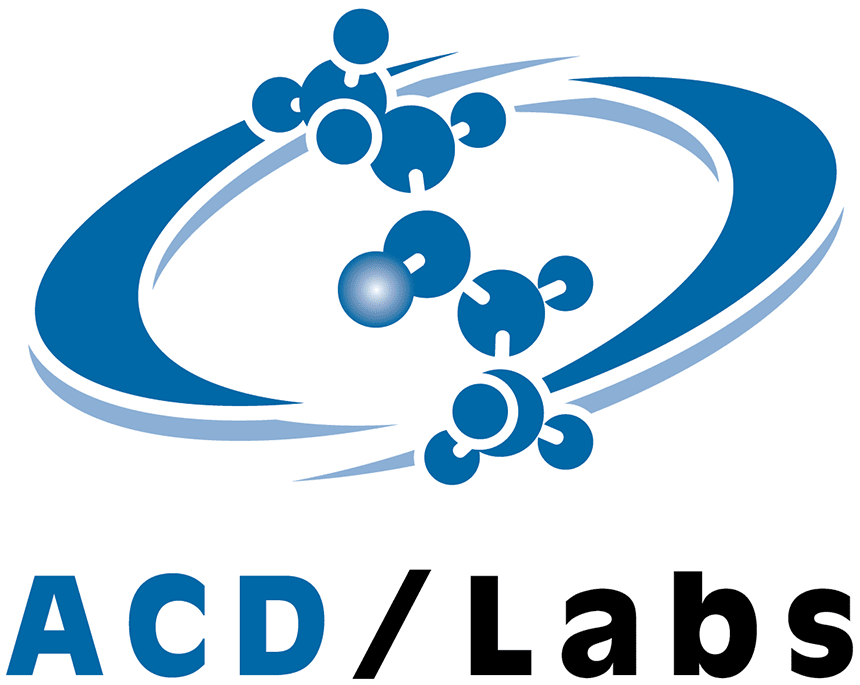
Food crime is defined as serious fraud and related criminality in food supply chains, which can be seriously harmful to consumers, food businesses and the wider food industry. Fraudulent acts include adulteration (including a foreign substance that is not on the product’s label to lower costs or fake a higher quality), substitution (replacing a food or ingredient with another substance that is similar but inferior) and misrepresentation (marketing or labelling a product to wrongly portray its quality, safety, origin or freshness).
Analysing VOCs from olive oil samples Giorgia Purcaro, analytical chemistry professor, and her team at the Gembloux Agro-Bio Tech Department at the University of Liège, Belgium, analyse food samples to aid the prevention of food fraud. They analysed volatile organic compounds (VOCs) from olive oil samples to build profiles that can be used to discriminate between different commercial classes of olive oil. The profiles will make it easier to identify inferior products, or cheap products being misrepresented as more expensive varieties.
Their findings may help the International Olive Council (IOC)4 identify analytical criteria for detecting fraud and determining the quality of olive oils. Currently, the IOC uses a sensory (or panel) test to classify oils in which human evaluators record their sensory responses to products being tested. “Although a panel can be repeatable, reproducibility among panels is more challenging,” says Purcaro. “Support from a sensitive analytical method would be highly beneficial to avoid misclassification of products.”





